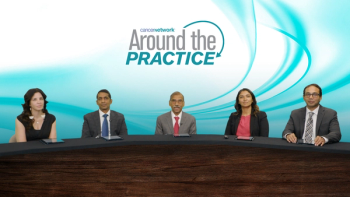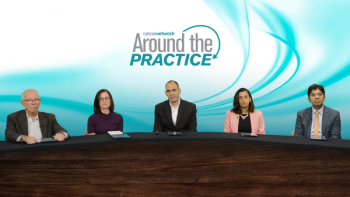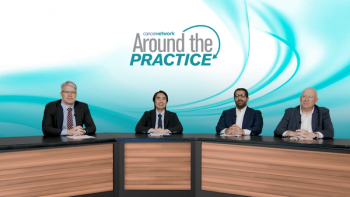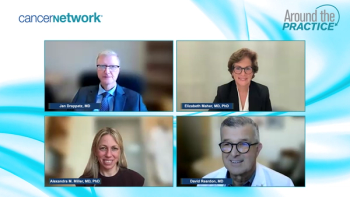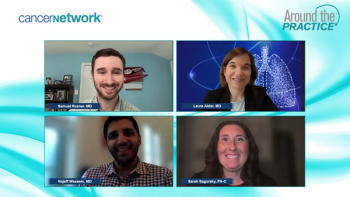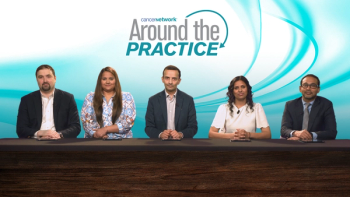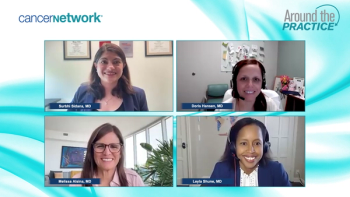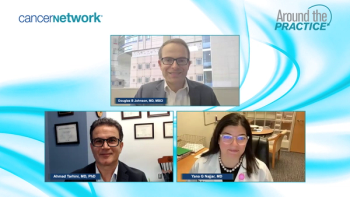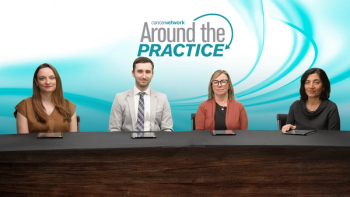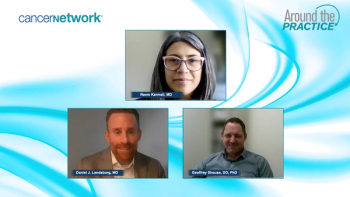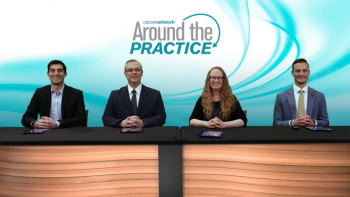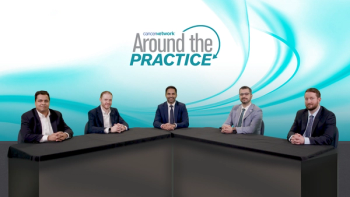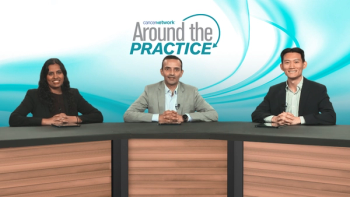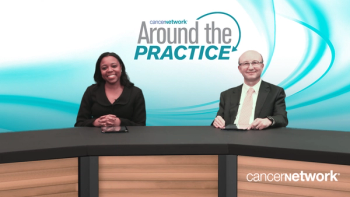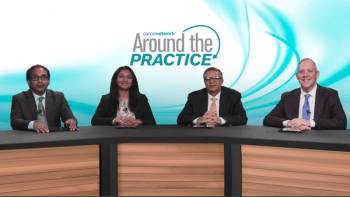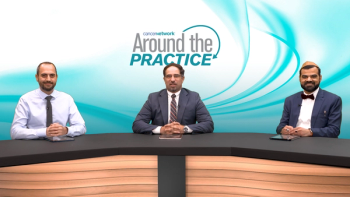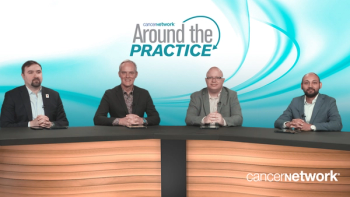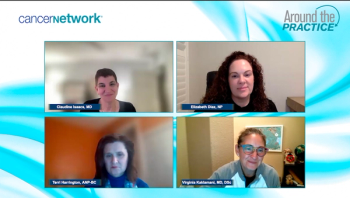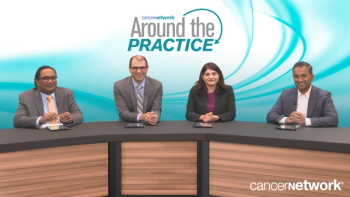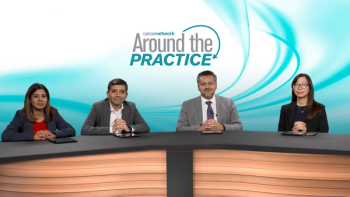This Around the Practice discussion series, BCMA Bispecific Antibodies in Relapsed/Refractory Multiple Myeloma: Real-World Integration and Patient-Centered Management, brings together leading experts Sundar Jagannath, MBBS, Icahn School of Medicine at Mount Sinai Hospital; Ajay Nooka, MD, MPH, FACP and Nisha Joseph, MD (Winship Cancer Institute of Emory University); Mohan Krishnamachary, MD (Suburban Hematology Oncology Associates); and Donna Catamero, MSN, ANP-BC, OCN, CBCN (Icahn School of Medicine at Mount Sinai Hospital), for a focused conversation recorded at ASH 2025. Through deep dives into pivotal data, agent comparisons, and a complex real-world case, the panel examines how BCMA bispecific antibodies—particularly linvoseltamab, teclistamab, and elranatamab—are being integrated alongside CAR T-cell therapy, with attention to toxicity mitigation, infection prophylaxis, and duration of therapy. The dialogue emphasizes practical strategies for transitioning care from academic to community settings, optimizing outpatient management, and ensuring that high-risk, heavily pretreated patients can safely access these potentially life-prolonging—and, in some cases, potentially curative—therapies.




